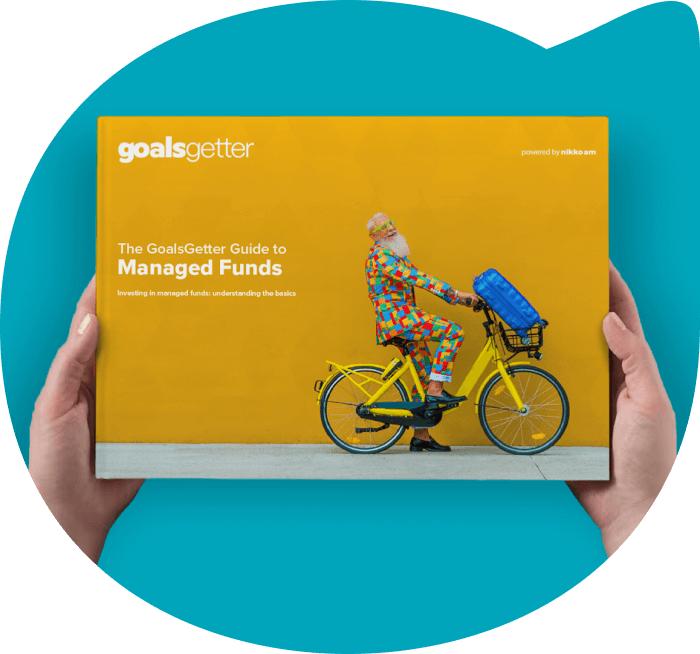The case for remaining economically match fit
Rather than take comfort in a low interest rate environment, shouldn’t we be doing more to retain our economic flexibility asks Nikko AM’s George Carter…
I recently tweaked my hamstring, which didn’t just earn me a spell on the side lines but a gentle admonishment from the physio about the lack of stretching that had contributed to my poor flexibility and susceptibility to injury.
I was told that with good exercise and regular stretching, it’s quite possible to still be able to touch your toes, bend and twist like a much younger person well into your 80s. But by contrast, I was also advised that if we allow our muscles and tendons to sit idle without stretch or movement, they simply cease to be able to carry out the functions they’re capable of when required.
This didn’t just resonate with me in terms of my own physical wellbeing. It also got me thinking about how this analogy applies equally to our economic resilience, given how little we have tested its flexibility of late. We have become extremely comfortable in a low-interest rate environment – but long term this does not seem to be the most robust long term economic strategy.
Globally we have seen interest rates kept low for an extended period of time to avoid us feeling economic pain. But the longer the economy is kept idle, the less prepared it is to deal with interest rate rises. So instead of confronting the inevitable, we react by becoming even more indebted and addicted to ultra-low rates; and so the cycle repeats.
Stretching may cause some hurt, but done in a controlled manner it can ensure that when we need to exercise fully, we can perform a variety of tasks. Simply becoming ever more sedentary to avoid the pain of exercise is not a solution. Likewise, ever lower interest rates are not the solution to economic hurt. In fact, just maybe what the world needs is to slowly get itself match fit again and work through the pain and discomfort of gradually increasing its ability to ‘stretch’.
Short-term remedies are there to help us deal with an initial problem; but they are just that: quick fixes – and we should not confuse these with long term solutions. Taking an energy booster can help an athlete under strain, but it doesn’t replace a healthy diet. Having a physio massage a damaged hamstring helps speed recovery, but it doesn’t create a healthier, more flexible muscle to cope with future demands. To this point, lower interest rates can help stimulate demand, but they won’t ultimately create a stronger, growing economy.
In my view we all need to focus on building up resilience to higher interest rates (and definitely above zero), without the crutch of easing from ever increasing central bank balance sheets. The short-term discomfort from such an exercise regime will in the long term enable our economies to weather the storms which will come: to sprint when required; and to enjoy a well-earned rest when needed. But becoming economic couch potatoes is simply not an option, or we’ll find that when we need our economy to perform for us, it’s got very little to give.
Nikko Asset Management New Zealand Limited (Company No. 606057, FSP22562) is the licensed Investment Manager of Nikko AM NZ Investment Scheme, Nikko AM NZ Wholesale Investment Scheme and the Nikko AM KiwiSaver Scheme. This material has been prepared without taking into account a potential investor’s objectives, financial situation or needs and is not intended to constitute personal financial advice, and must not be relied on as such. The Product Disclosure Statements are available on our website: https://www.nikkoam.co.nz./invest/retail.
.jpg?width=754&name=iStock-1028449830%20(1).jpg)


.png?width=362&name=Blue%20coin%20jar%20featured%20image%20(1).png)

